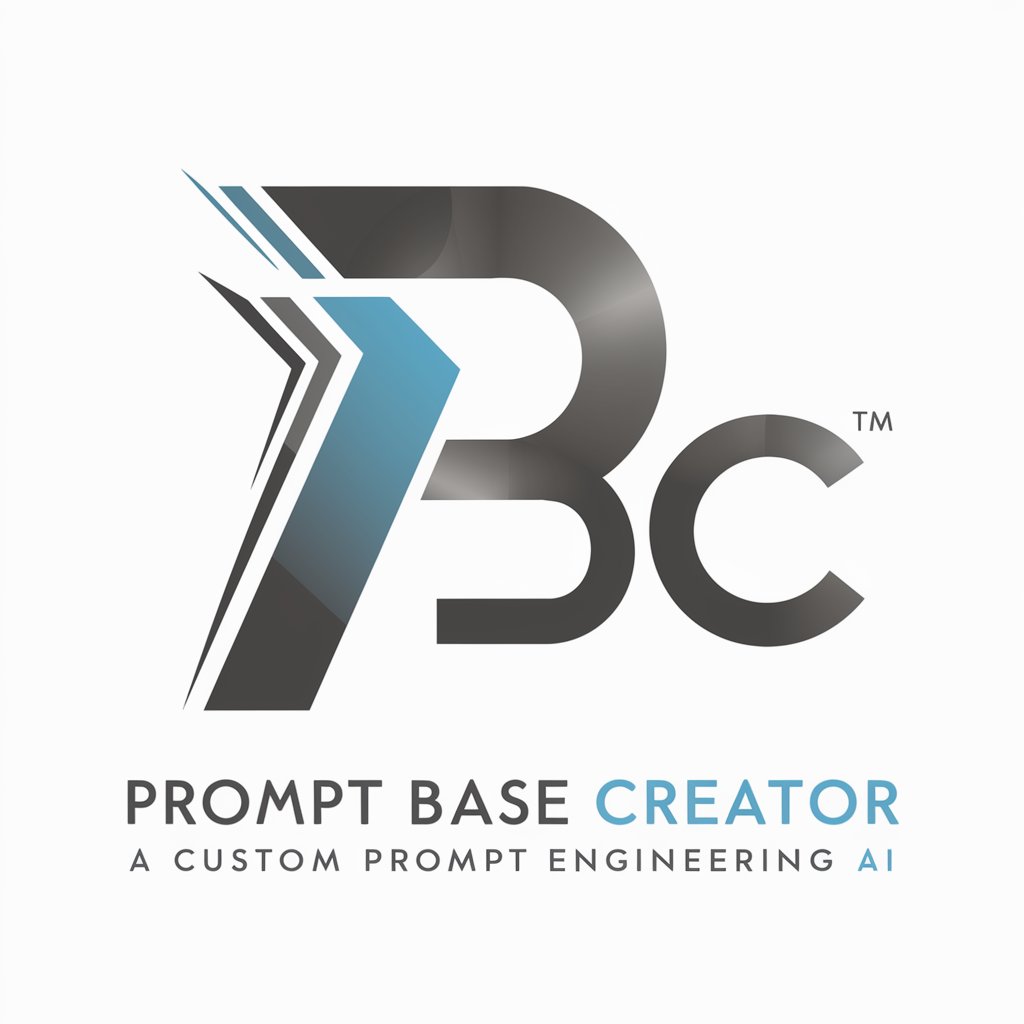Meta Tags from URL - SEO Meta Tag Analysis

Welcome! I'm here to optimize your web content for maximum SEO impact.
Optimize web content with AI-driven meta tag analysis.
Design a visually appealing logo that symbolizes AI-driven SEO solutions, featuring elements of...
Create an innovative logo for an AI tool focused on meta tags and web optimization, emphasizing...
Develop a logo that represents a cutting-edge SEO specialist, highlighting aspects of web browsing and...
Craft a professional logo for an AI-based SEO tool, integrating themes of precision, efficiency, and...
Get Embed Code
Introduction to Meta Tags from URL
Meta Tags from URL is designed as a specialized tool within the realm of SEO (Search Engine Optimization) that focuses on evaluating and optimizing the meta tags of web pages based on their URLs. Its core functionality revolves around analyzing the page title and meta description tags to ensure they are effectively crafted for search engine visibility and user engagement. By accessing a webpage's URL, this tool reads and assesses the existing meta tags against SEO best practices, including the length of the title and description, relevance to the content, and inclusion of targeted keywords. For instance, if a webpage is about 'Sustainable Gardening Practices', Meta Tags from URL would evaluate if the page title succinctly reflects this topic within a 70-character limit, including a brand name, and if the meta description provides a compelling overview within approximately 150 characters, incorporating relevant keywords to boost the page's search engine rankings. Powered by ChatGPT-4o。

Main Functions of Meta Tags from URL
Title and Meta Description Optimization
Example
Ensuring the page title is 'Sustainable Gardening Tips | GreenThumb' (45 characters) and the meta description is 'Explore expert sustainable gardening tips to cultivate your green space effectively. Eco-friendly practices for every gardener.' (143 characters).
Scenario
Used when a gardening blog wants to improve its visibility on search engines by making its main article more attractive to both algorithms and potential readers.
Language Consistency Check
Example
Verifying that both the page title and meta description are in Spanish for a webpage offering recipes from Spain, ensuring content coherence with the site's language.
Scenario
Applied in situations where a Spanish culinary website undergoes SEO review to attract a targeted audience by maintaining language consistency across its meta tags and content.
Keyword Integration
Example
Incorporating 'eco-friendly gardening' and 'sustainable practices' into the meta description for a blog post about environmental gardening methods.
Scenario
This function is crucial for a website focusing on environmental sustainability, aiming to rank higher in search results for these specific keyphrases.
Ideal Users of Meta Tags from URL Services
SEO Specialists
Professionals who are tasked with optimizing website content for search engines. They benefit from using Meta Tags from URL to ensure that web pages are properly indexed and ranked, based on the relevance and quality of their meta tags.
Content Marketers
Individuals or teams focused on creating and distributing valuable, relevant, and consistent content to attract and retain a clearly defined audience. They use the tool to ensure their content is discoverable and appealing in search engine results pages (SERPs).
Website Owners and Bloggers
This group includes independent website owners and bloggers seeking to increase their site's visibility and traffic through organic search. They benefit from Meta Tags from URL by optimizing their site's meta tags for better search engine performance.

Using Meta Tags from URL: A Step-by-Step Guide
1. Begin Your Journey
Start by visiting yeschat.ai to access a free trial instantly, without the need for a login or subscribing to ChatGPT Plus.
2. Enter Your URL
Input the URL of the webpage you wish to analyze. Ensure the webpage is publicly accessible to avoid any errors in retrieval.
3. Specify Your Brand Name
Provide the brand name to be appended to the page title for a tailored SEO approach, keeping in mind the 70-character limit.
4. Analyze Meta Tags
Review the generated report detailing the page title, meta description, and ensure they align with the content's language and SEO best practices.
5. Optimize and Implement
Use the insights to optimize your webpage's meta tags for improved search engine visibility, incorporating popular keyphrases and ensuring consistency in language.
Try other advanced and practical GPTs
Image Architect
AI-powered visual exploration and creativity.

Leet Speak Crafter
Transform text with AI-powered leet speak and emojis.

しおん
Innovating Art with AI

ABB
Empowering Innovation with AI-driven Solutions

Fantasy Football Comedian
Transform stats into laughter.

Blockify
Transforming memories into Minecraft masterpieces.

Rogue FAR/DFAR GPT
Expert FAR/DFARS AI Assistance

Prompt Base Creator
Craft Your Creativity with AI

Edit Expert
Polish Your Writing with AI Precision

AGI Instructor Executor
Empowering your projects with AI guidance.

Futurist Business Strategist
Navigating Futures with AI Insight

AIOS Incident Response Advisor
Empowering security teams with AI-driven insights.

Frequently Asked Questions About Meta Tags from URL
What are meta tags and why are they important for SEO?
Meta tags are snippets of text that describe a page's content; they don't appear on the page itself, but only in the page's code. They are crucial for SEO because they help search engines understand what the webpage is about, thereby improving visibility and ranking in search results.
How does Meta Tags from URL ensure the accuracy of language in meta tags?
Meta Tags from URL analyzes the content of the webpage to detect its primary language, ensuring that the generated page title and meta description match this language for consistency and better SEO performance.
Can I use Meta Tags from URL for any website?
Yes, as long as the website is publicly accessible. The tool is designed to analyze and optimize meta tags for websites across various industries and languages.
Is there a limit to the number of URLs I can analyze?
Usage limits may apply based on your subscription plan or trial offer. For unlimited access, consider subscribing to a premium plan.
How do I incorporate popular keyphrases into my meta tags?
Identify keyphrases relevant to your webpage's content and target audience. Use these keyphrases naturally in your page title and meta description, adhering to the character limits to maximize SEO impact.
